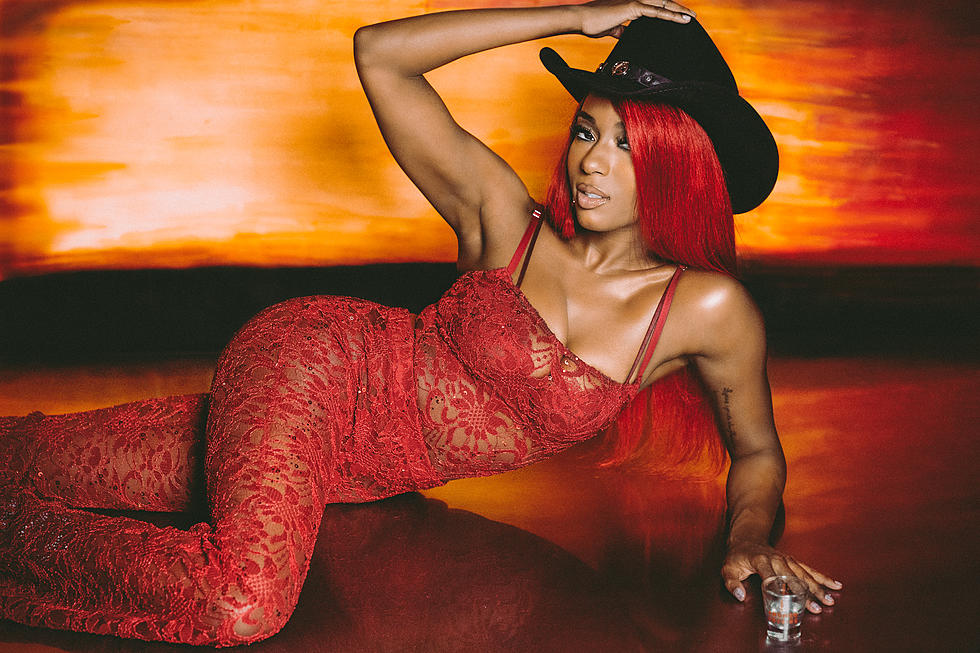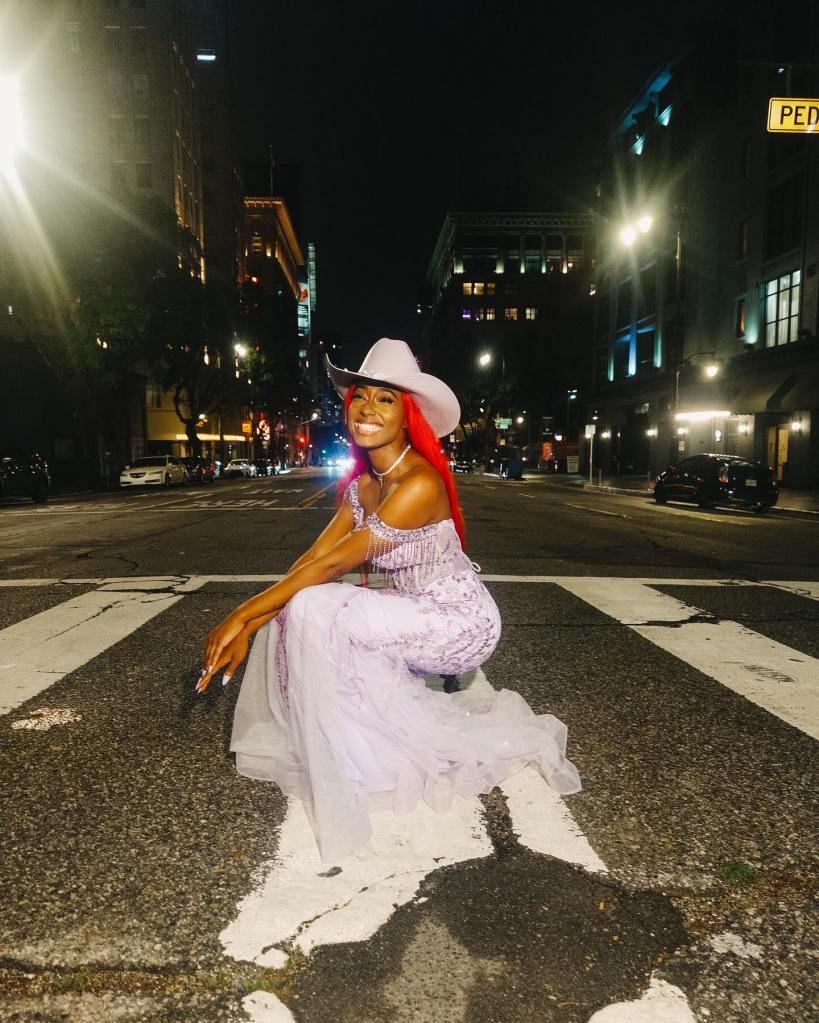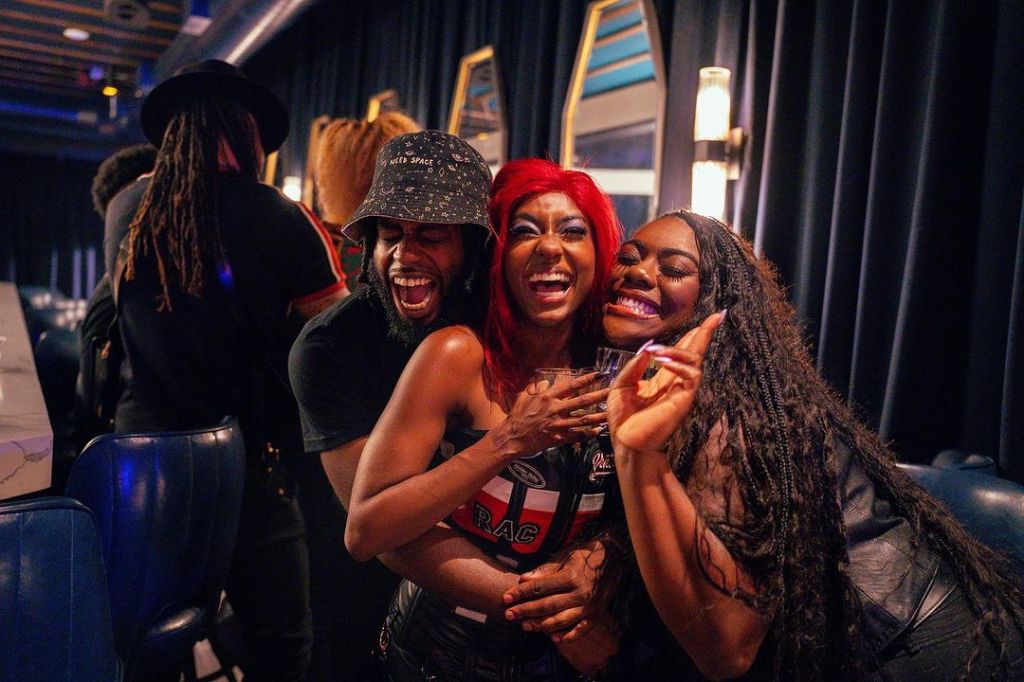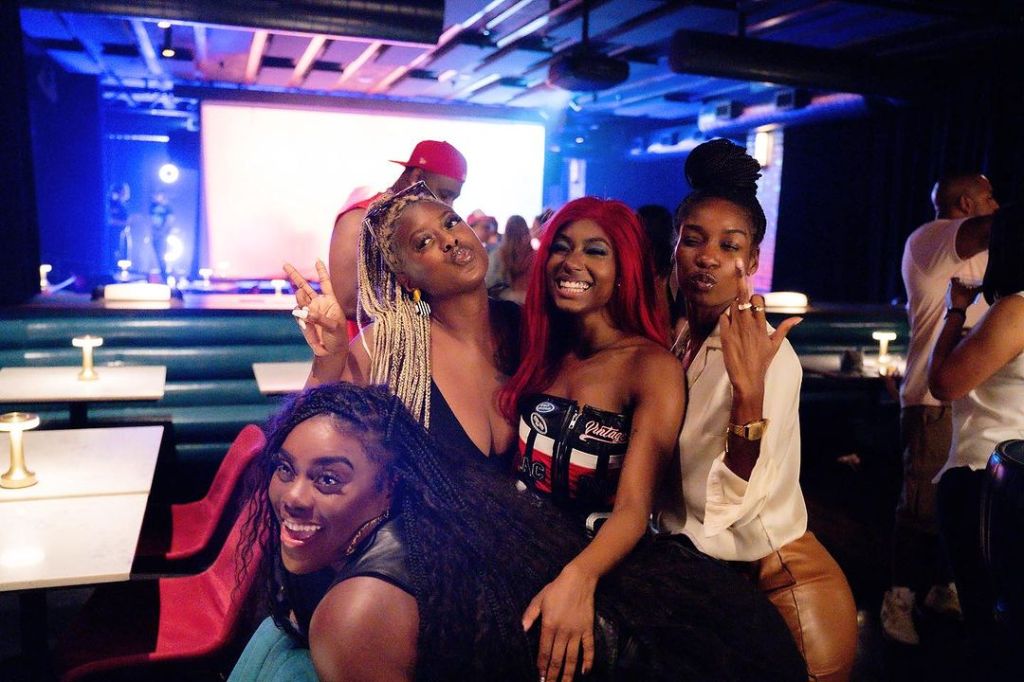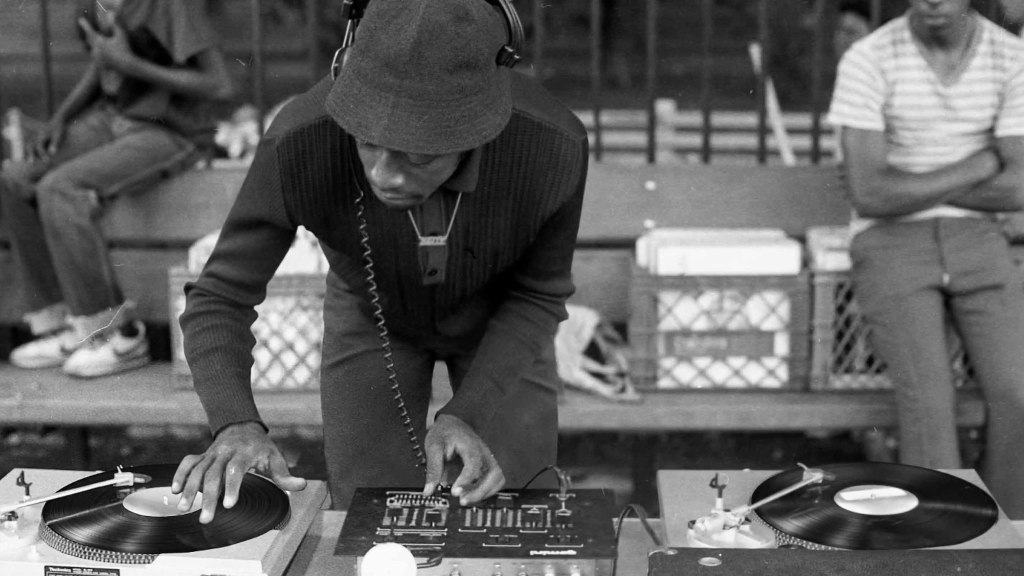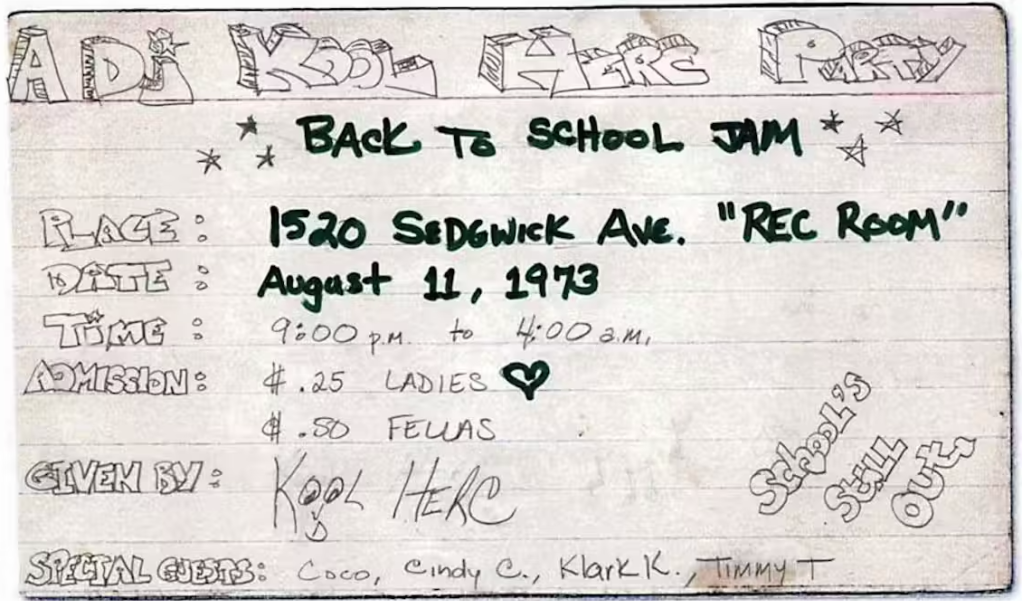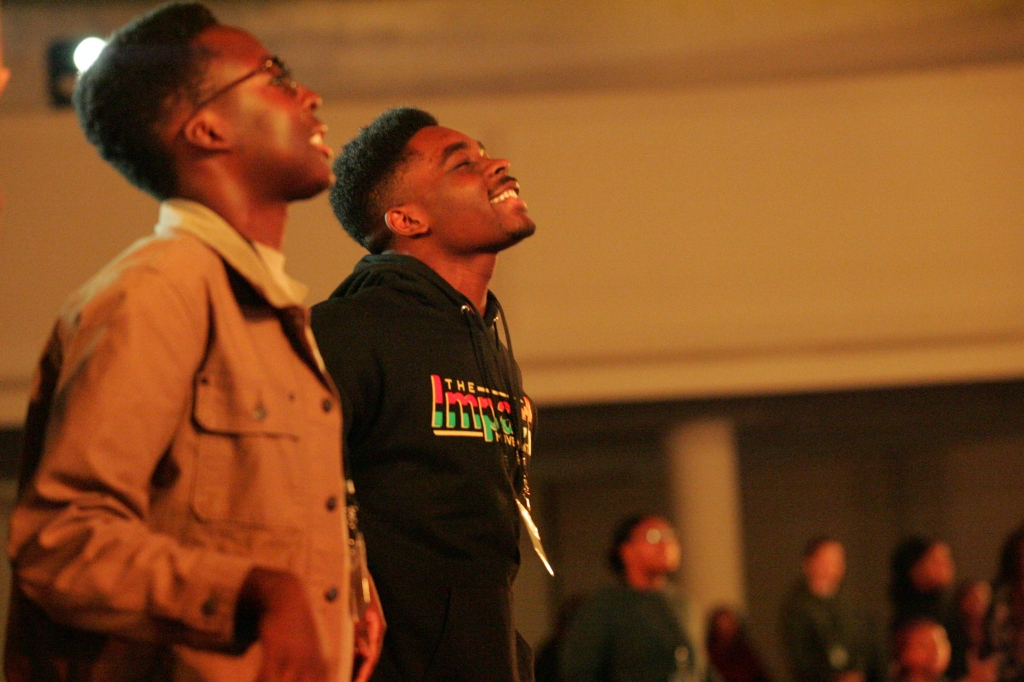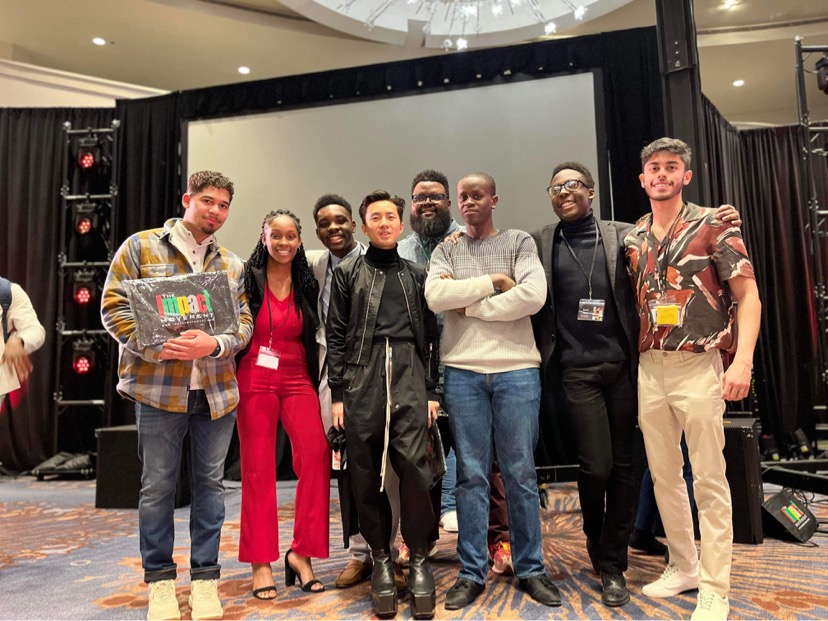By The Rebirth Project
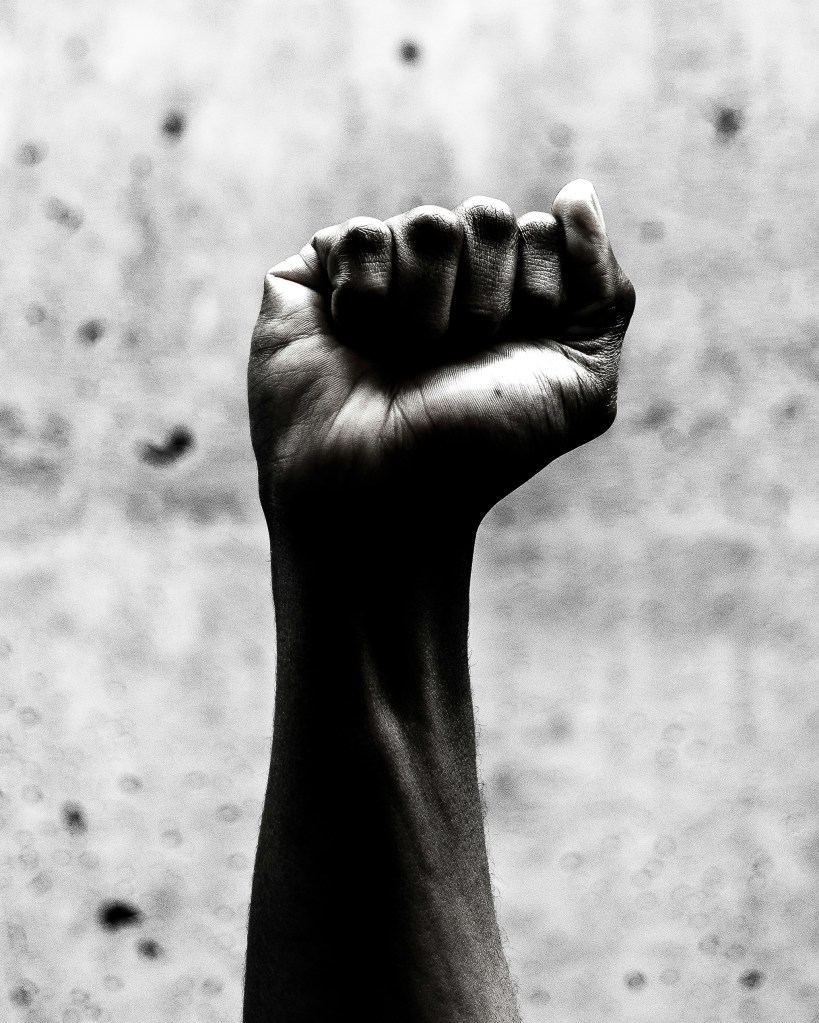
Happy Black History Month! This year we’ve got an extra day to celebrate due to the leap year, and we from the Rebirth Project want to share a list of UMass, and our own members’, favorite Black authors for your year-round reading lists. Ranging from classics to contemporary literature, our list is full of novels, poems, and essays from centuries of incredible authors.
Taking a moment to recognize historically significant writers, here is a compilation of some older books you should add to your bookshelves!
Popular works: I Know Why the Caged Bird Sings, Still I Rise
What we recommend: Phenomenal Woman
Popular works: A Raisin in the Sun, Go Tell it on the Mountain, Sonny Blues
What we recommend: If Beale Street Could Talk, Giovanni’s Room, Nobody Knows My Name, Stranger in the Village
Popular works: Heritage, A Brown Girl Dead, Incident
What we recommend: For Amy Lowell, Fruit of the Flower, Any Human to Another
Popular works: All About Love: New Visions, The Will to Change: Men, Masculinity, and Love, Teaching to Transgress
What we recommend: Communion: The Female Search of Love, Ain’t I a Woman: Black Women and Feminism, A Woman’s Mourning Song, Appalachian Elegy
Popular works: The Weary Woes, The Ways of White Folks, Simple (a series of books)
What we recommend: Mother to Son, The Big Sea, Dream Variations
Popular works: The Bluest Eye, Beloved, Jazz, A Mercy
What we recommend: The Nobel Lecture in Literature, Five poems (a collection)
Interested in Black history and theory? Check out these essays:
Notes of a Native Son by James Baldwin
On Being Young– a Woman– and Colored by Marita Bonner
We Were Eight Years in Power by Ta-Nehisi Coates
Thick by Tressie McMillan Cottom
The Negro Artist and the Racial Mountain by Langston Hughes
Who Will Pay Reparations for My Soul? by Jesse McCarthy
For our poets and poetry lovers, below are collections and individuals we from Rebirth love!
Collections from Elizabeth Acevedo
Clap When You Land
The Poet X
Dispatch by Cameron Awkward-Rich
Golden Apple of the Sun by Teju Cole
Golden Ax by Rio Cortez
Collections from Vievee Francis
The Shared World
Another Antipastoral
Forest Priveal
When Angels Speak of Love by bell hooks
Punching the Air by Ibi Zoboi & Yusef Salaam
March being Women’s History Month, this section includes some of our favorite Black feminists.
The Heart of a Woman by Maya Angelou
Bad Feminist: Essays by Roxanne Gay
Ripe: Essays by Negesti Kaudo
Zami: the New Spelling of My Name by Audre Lorde
Sula by Toni Morrison
Sometimes I Trip on How Happy We Could Be by Nichole Perkins
In Search of Our Mothers’ Gardens: Womanist Prose by Alice Walker
Brown Girl Dreaming by Jacqueline Woodson
Last but not least, here are just good books to read.
With the Fire on High by Elizabeth Acevedo
The Crossover by Kwame Alexander
Many Thousands Gone by Ira Berlin
Books by Octavia Butler
Kindred
Conversations with Octavia Butler
Their Eyes Were Watching God by Zora Neale Hurston
Drinking from Graveyard Wells by Yvette Lisa Ndlovu
If You Come Softly by Jacqueline Woodson
Books by Ibi Zoboi
Black Enough: Stories of Being Young and Black in America
American Street
And don’t forget, it’s important to read about Black history or history that might not be yours, year-round. Support BIPOC authors anytime you can. We wish you all happy reading! 🙂

